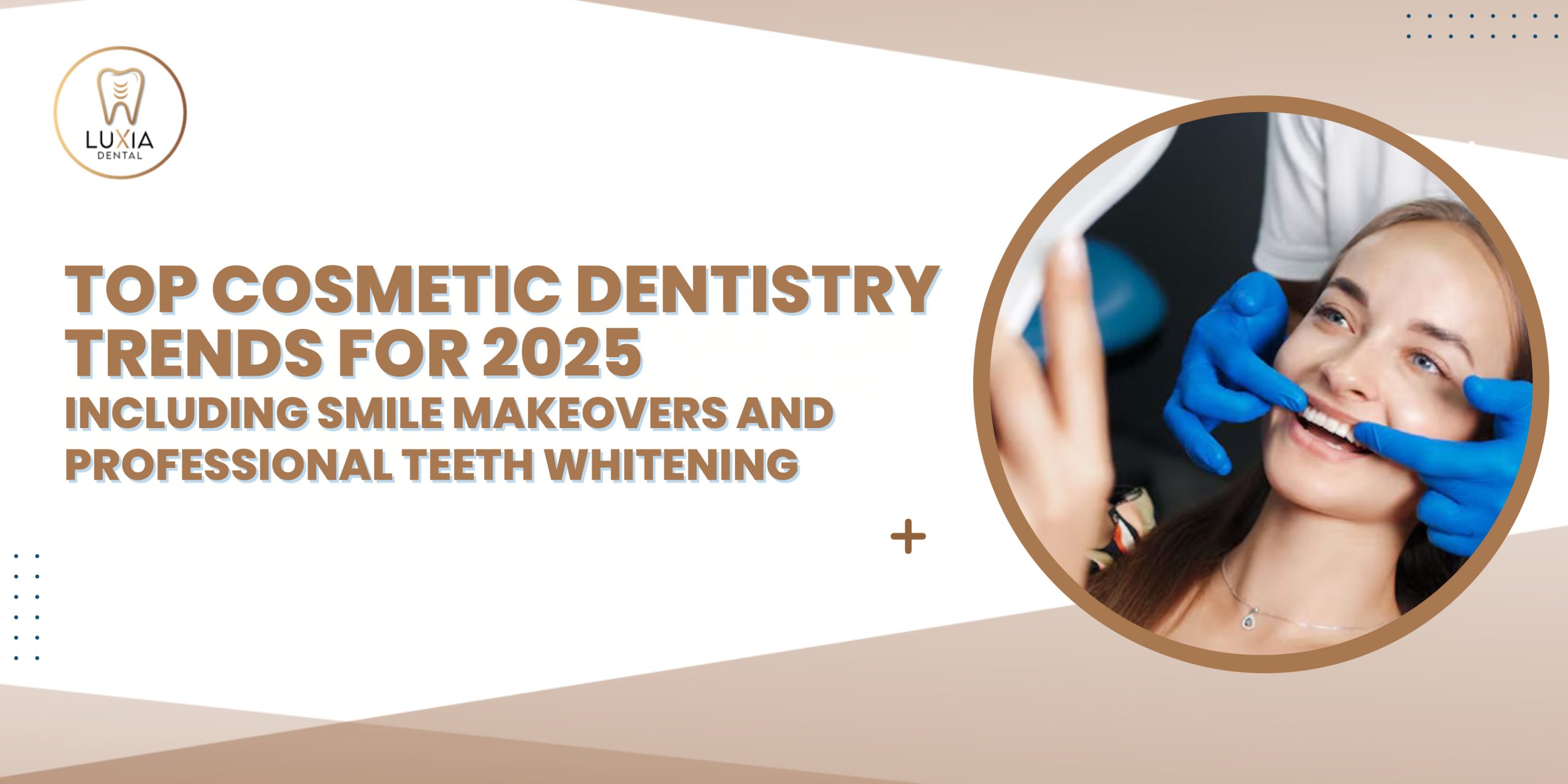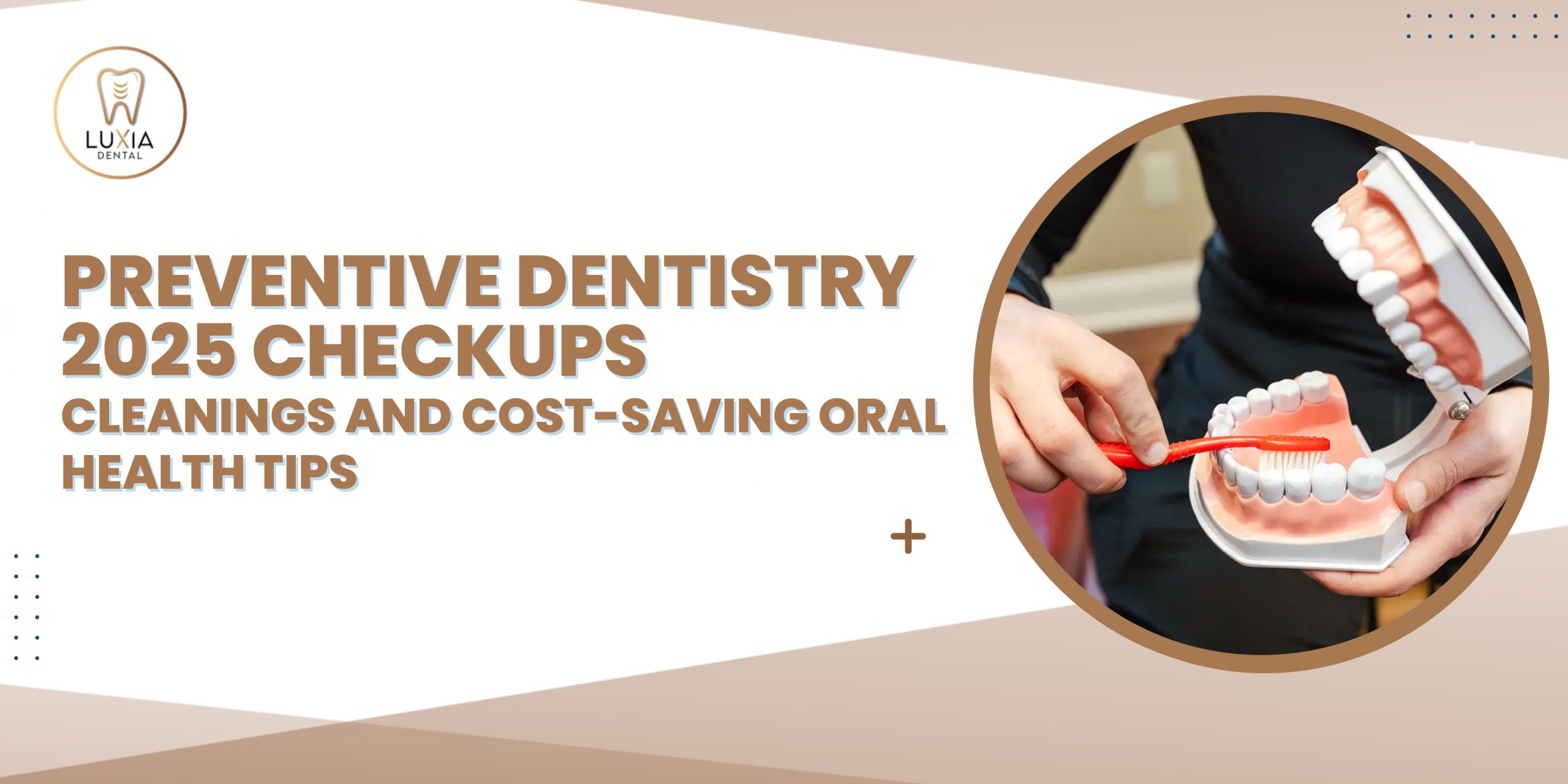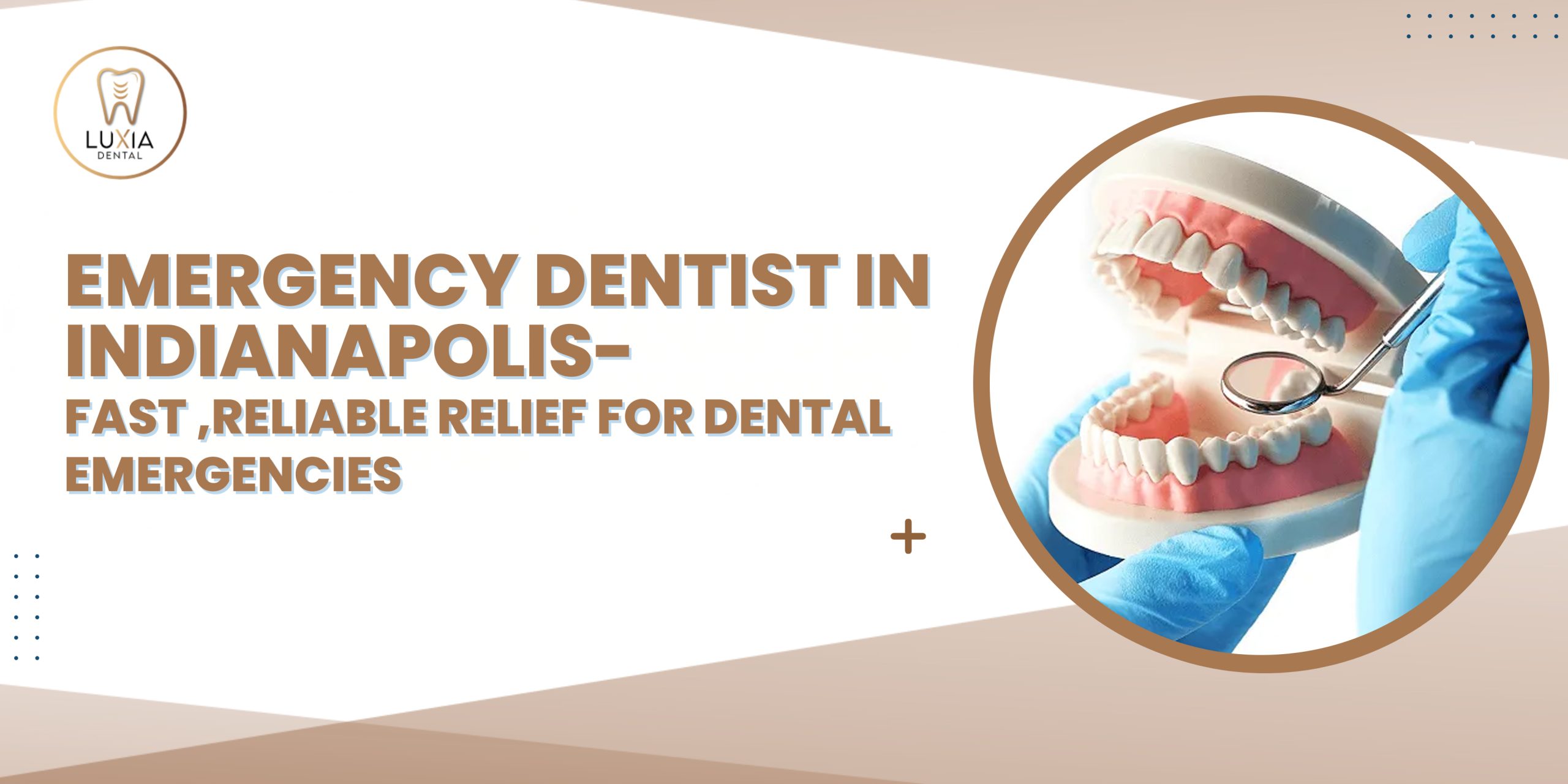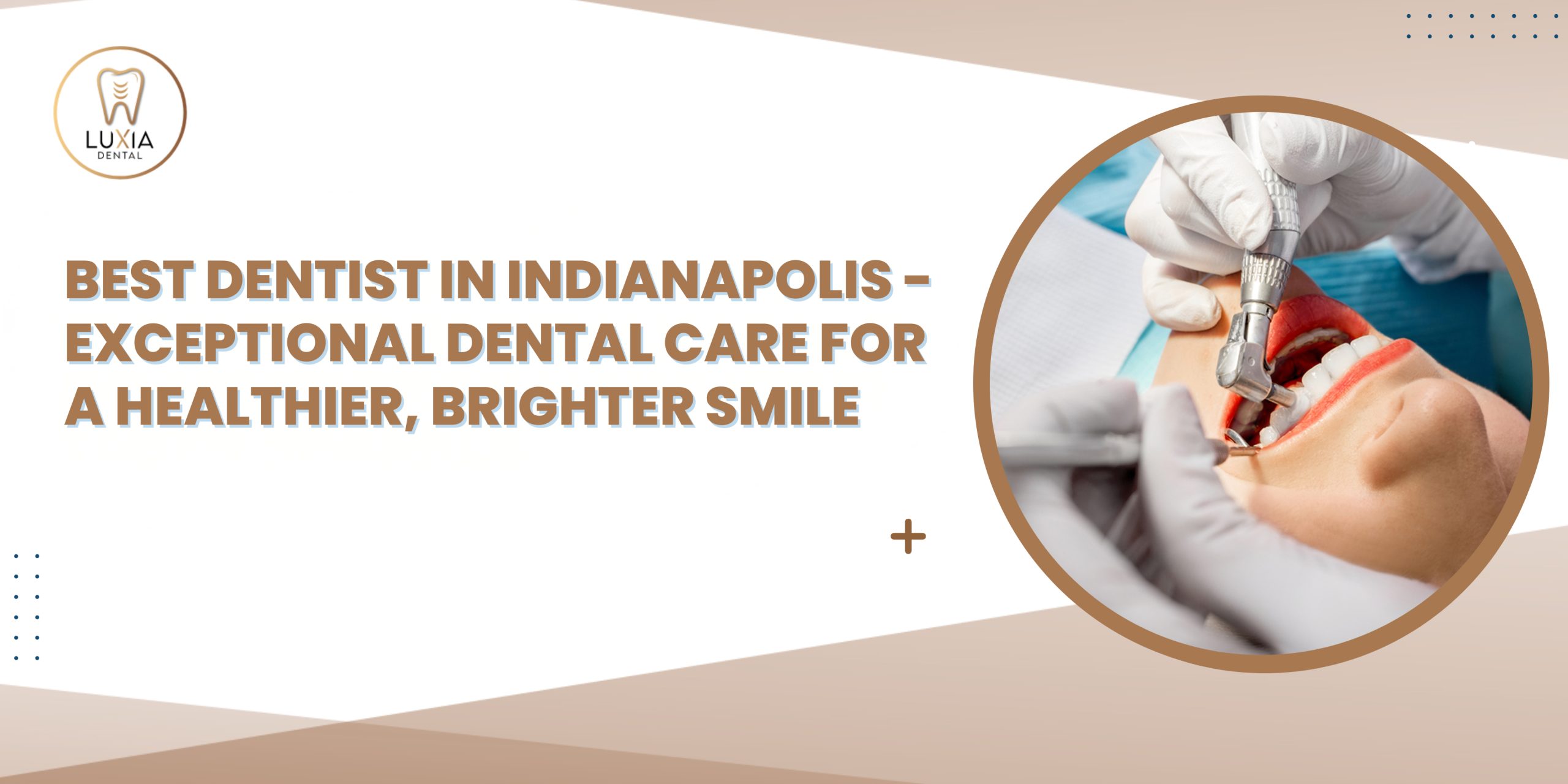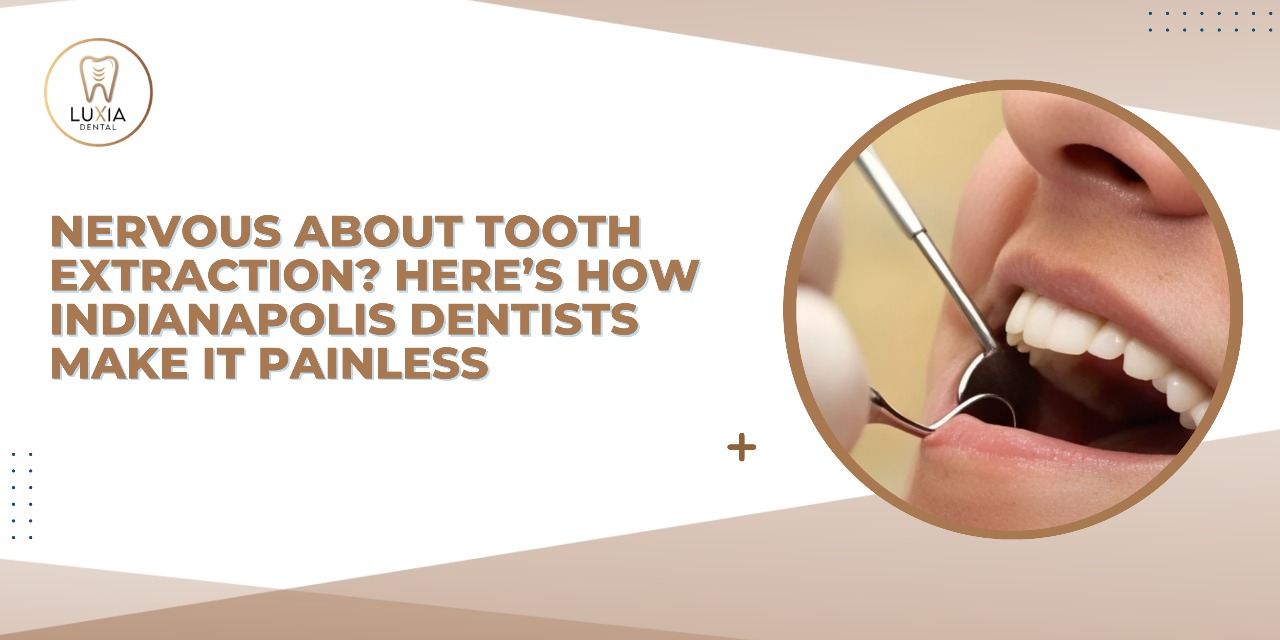Brushing your teeth seems simple enough — squeeze on some toothpaste, scrub for a couple of minutes, and rinse, right? While that’s the general idea, many people unknowingly make common brushing mistakes that can compromise their oral health.
To help you get the most out of your brushing routine, here are some teeth brushing mishaps you might want to avoid, along with tips to brush smarter and protect your smile.
1. Brushing Too Hard
Scrubbing your teeth like you’re trying to clean a dirty dish might seem effective, but it can actually damage your enamel and irritate your gums. Over time, aggressive brushing can lead to gum recession and tooth sensitivity.
Tip: Use gentle, circular motions with a soft-bristled toothbrush. Think massage, not scrub.
2. Using the Wrong Toothbrush
Toothbrushes come in different sizes and bristle types, and choosing the wrong one can reduce effectiveness or even harm your teeth and gums.
Tip: Choose a soft-bristled toothbrush with a head that fits comfortably in your mouth. If you’re unsure, ask your dentist for a recommendation.
3. Not Brushing Long Enough
Many people brush for less than a minute — far too short to remove plaque effectively.
Tip: Brush for two full minutes, twice a day. Consider using a timer or an electric toothbrush with a built-in timer to keep you on track.
4. Skipping the Gum Line
Plaque loves to build up along the gum line, and neglecting this area can lead to gingivitis and gum disease.
Tip: Angle your toothbrush at 45 degrees and gently brush along the gum line for thorough cleaning.
5. Brushing Right After Eating
Brushing immediately after consuming acidic foods or drinks (like citrus fruits, soda, or wine) can wear away softened enamel.
Tip: Wait 30 minutes after eating before brushing, especially if you’ve had something acidic. Rinse with water in the meantime to help neutralize acids.
6. Not Replacing Your Toothbrush Often Enough
A worn-out toothbrush won’t clean effectively and can harbor bacteria.
Tip: Replace your toothbrush (or brush head) every 3 to 4 months, or sooner if the bristles are frayed.
7. Forgetting to Brush Your Tongue
Your tongue can harbor bacteria that contribute to bad breath and plaque buildup.
Tip: Gently brush your tongue (or use a tongue scraper) every time you brush your teeth.
8. Neglecting Flossing
Brushing alone only cleans about 60% of your tooth surfaces. Without flossing, you’re leaving behind plaque between teeth and under the gum line.
Tip: Floss once a day to remove debris and plaque where your toothbrush can’t reach.
The Bottom Line
Even the best intentions can lead to bad habits. By avoiding these common brushing mistakes, you can keep your teeth healthier, your gums happier, and your smile shining bright. Remember, good brushing habits are key to preventing cavities, gum disease, and costly dental treatments down the line.
Need help perfecting your brushing technique?
Book a checkup with our dental team today — we’re happy to guide you toward better oral health!


